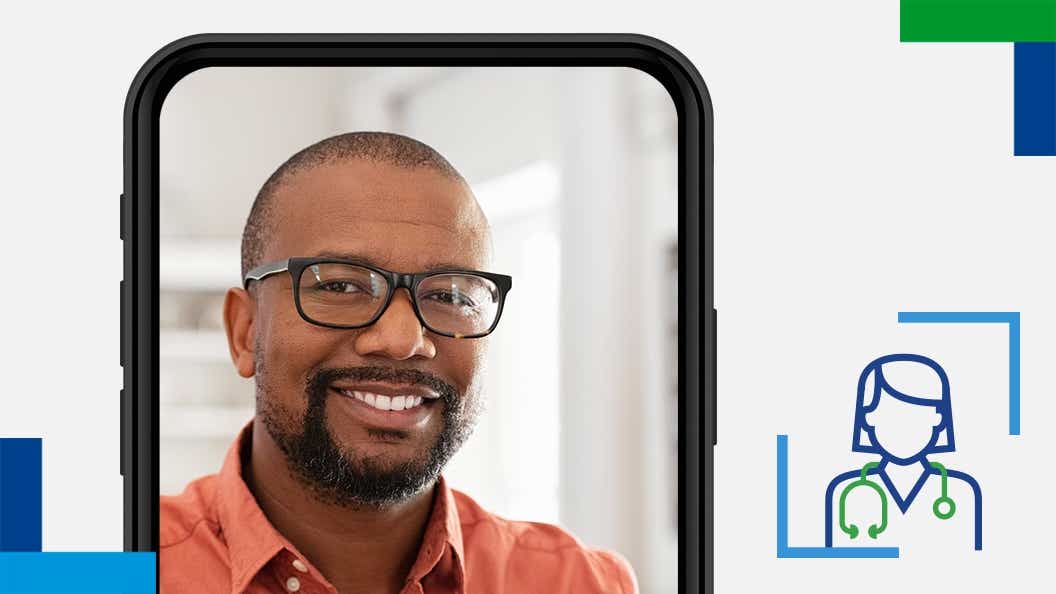Get the most from your appointments
Get the most from your appointments
You might only have 10 minutes with your doctor, so it’s important to go in with a clear head, knowing what you want to talk about. It might help to make a list of priorities so if you run out of time, you know you’ll have covered the most important things. Think about making a list of the topics you want to cover, or questions you want to ask and jot down the answers while you’re there. That way, you’ll be able to refer to them at home. Also, think about saying what you need to in the most efficient way, and don’t be embarrassed - your doctor will no doubt have heard it all before.

Questions you might be asked
Your doctor will probably ask you some questions, especially if it’s the first time they’re seeing you. Here’s an idea of some questions he or she may ask, so you can prepare yourself by thinking about your answers beforehand.
- Have you seen any other healthcare professionals about your condition?
- Is anything bothering you in particular?
- Have you noticed any changes in your symptoms?
- Are you following a healthy diet?
- Are you sleeping well?
- Do you exercise regularly?
- Are you experiencing any pain?
- Are you taking your treatment as it’s been prescribed?
- Have you had your blood pressure checked recently?
Questions you could ask
Why not use these questions as inspiration for writing down what you’d like to ask your healthcare professional ahead of your appointment? Write it down on a piece of paper, or make notes on your phone - and don’t forget to take your list with you and make a note of the answers!
- Why do I have Pso (psoriasis)?
- Why have you prescribed me this treatment?
- What results can I expect from my treatment and when, and what should I do if I don’t see them?
- I’ve been feeling low – what should I do?
If you’re worried about having sex with Pso lesions, let your doctor know
Can you think of any more? Asking your doctor any questions you have is important to help you have a productive appointment, but sharing your progress is another way to help him or her really see how you’ve been feeling day-to-day. But remember that if you experience side effects and have questions about this, you should speak to your healthcare professional as soon as you can – don’t wait for your next appointment.


